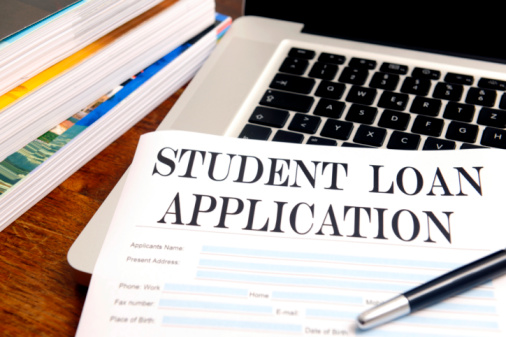 Visit a bankruptcy attorney Chino Hills CA to see if debt consolidation or filing for bankruptcy is best for you.
Visit a bankruptcy attorney Chino Hills CA to see if debt consolidation or filing for bankruptcy is best for you.
Student loans have been a topic of great concern for many years now, as the struggling economy makes it difficult for graduates to earn enough income to support themselves and pay off their loans at the same time. Rising interest rates on student loans have certainly not helped matters any. If you are struggling with a large debt burden due to your student loans, it may be time to pay a visit to a bankruptcy attorney Chino Hills CA to learn about your options.
Option 1: Discharge the Debts in a Chapter 7 Bankruptcy
Student loan debts are notoriously difficult to discharge in a bankruptcy. In order to eliminate them, a student must prove to the court that the loan payments represent an undue financial hardship. In many cases this means passing the Brunner test. The Brunner test requires students to prove that their current income, minus their current expenses, does not allow them to provide a minimal standard of living for themselves and any dependents. If the student and their bankruptcy attorney Chino Hills CA can prove that this situation is not likely to change in years to come, they may be able to get the loan discharged in a Chapter 7 bankruptcy. Of course, this only applies to private loans. Federal loans can never be discharged.
Option 2: Reorganize the Debts in a Chapter 13 Bankruptcy
With help from a bankruptcy attorney Chino Hills CA, some students may be able to use chapter 13 bankruptcy to reorganize their debts and lower their payments for 3 to 5 years. The loans will continue to accrue interest, and students will still end up paying the loans in full eventually. The chief benefit of Chapter 13 is that it can provide breathing room for that 3 to 5 year period and perhaps provide the chance to make other changes that will improve the future financial situation.
Option 3: Consolidate the Loans
Most students end up with quite a few separate loans because they take out a new one at the start of each school year. The US Department of Education offers Direct Consolidation Loans, which allow students to combine all their separate federal loans into a single account. The new direct consolidation loan can have a repayment period of up to 30 years, which allows for reduced monthly payments. It is also possible to requalify for deferment once this new loan is awarded. The downside is that students may lose benefits like special interest rate discounts. Plus, students will probably end up paying more in interest by extending the loan term.
Before you proceed with any changes in your student loans, it may be a good idea to consult with a bankruptcy attorney to make sure you fully understand all your options.


 Visit a bankruptcy attorney Chino Hills CA to see if debt consolidation or filing for bankruptcy is best for you.
Visit a bankruptcy attorney Chino Hills CA to see if debt consolidation or filing for bankruptcy is best for you.